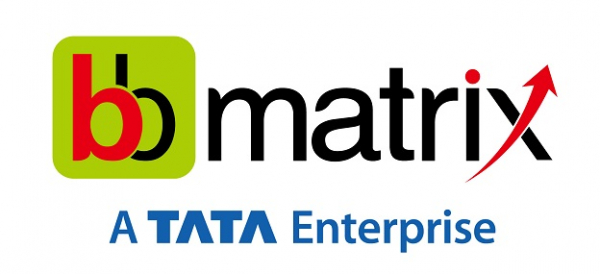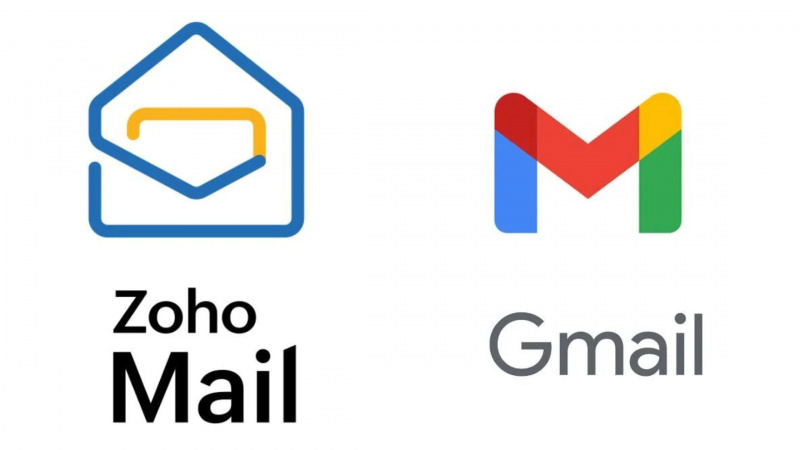BigBasket enters enterprise SaaS with supply chain platform
- by B2B Desk 2024-07-18 06:48:20
Tata Digital-owned BigBasket has officially entered the enterprise Software-as-a-Service (SaaS) market with the launch of its supply chain management platform, BB Matrix, on July 18. This move positions BigBasket alongside other startups in the B2B SaaS space, aiming to diversify its revenue streams.
BB Matrix is designed to assist businesses by providing real-time updates, tracking bottlenecks, and enabling data-driven decision-making to create more resilient supply chains.
“The platform is officially live, and we’re in the process of piloting it with several customers, including one paying client. This comprehensive SaaS supply chain solution offers full visibility across the entire supply chain for businesses around the globe,” stated Rakshit Daga, Chief Product and Technology Officer at BigBasket.
The company is testing its software with various players in e-commerce, omni-channel commerce, and other sectors.
“The SaaS solution has enabled us to cut transportation costs by nearly 50%, reduce lead times by about 60%, and achieve up to 100% visibility across the supply chain with our advanced features,” Daga stated the day before the launch.
This launch occurs amidst a growing global demand for supply chain management (SCM) software. According to a recent report by Gartner, global spending on SCM software is expected to increase from $29 billion in 2023 to $62 billion by 2028, representing a compound annual growth rate (CAGR) of 16.3%.
“While BigBasket primarily focuses on grocery delivery right now, our approach to quick commerce and subscription services involves different nuances in the supply chain. We realized that a SaaS solution was essential to manage these complexities, not just for BigBasket, but for the entire industry,” Daga explained.
BigBasket’s platform offers a Warehouse Management System (WMS), a Transport Management System (TMS), and an Order Management System (OMS) tailored for businesses.
Startups in various sectors, including fintech and e-commerce, are increasingly adopting SaaS products to boost their revenues. Companies like Razorpay and Cashfree have launched several SaaS offerings that incorporate generative AI features.
“Currently, this initiative is in its early stages and doesn’t significantly impact BigBasket’s overall revenue. However, as we scale, we expect to see strong revenue growth from this stream. Our goal is for this vertical to make a meaningful contribution to BigBasket’s bottom line in the next 2-3 years,” Daga said.
FAQs
Q. How does BigBasket supply chain work?
A. Hybrid retail model with combination of own warehouses, storefronts, distribution centers. - Inventory-led model with strong private labels portfolio. 30% products are private labels. This on-demand delivery at scale is powered by Big Basket's well-designed supply chain management process.
Q. What technology is used in BigBasket?
A. For Bigbasket to tackle the above problems in its Bigbasket supermarts, we have used some of the latest and advanced AI technologies which help to club billing and weighing counters and reduce the cost of manpower needed to weigh the loose items.
Q. What is SaaS in supply chain?
A. First and foremost, let's define software as a service (SaaS). Gartner.com defines SaaS as “software that's owned, delivered, and managed remotely by one or more providers. The provider delivers software based on one set of common code and data definitions.
Q. What are the 2 types of SaaS provider?
A. There are two ways of describing the different types of SaaS. Horizontal SaaS refers to applications that are broadly applicable across many industries or organizations and Vertical SaaS Solutions are more specialized and focused on one specific industry or organization type.
Also Read: What is Paper Trading? A Comprehensive Guide to Simulated Trading
POPULAR POSTS
The Agentic Revolution: Why Salesforce Is Betting Its Future on AI Agents
by Shan, 2025-11-05 10:29:23
OpenAI Offers ChatGPT Go Free in India: What’s Behind This Big AI Giveaway?
by Shan, 2025-10-28 12:19:11
Zoho Products: Complete List, Launch Years, and What Each One Does
by Shan, 2025-10-13 12:11:43
Arattai vs WhatsApp: Which Messaging App Should You Choose in 2025?
by Shan, 2025-10-10 11:55:06
Top Buy Now Pay Later (BNPL) Apps for Easy Shopping in 2025
by Shan, 2025-09-22 10:56:23
iPhone 17 Sale in India Begins: Full Price List, Launch Offers and Store Availability
by Shan, 2025-09-19 12:00:45
Apple September 2025 Event Recap: iPhone 17, iPhone Air, Apple Watch Series 11, and India Pricing Revealed
by Shan, 2025-09-10 09:55:45
RECENTLY PUBLISHED

Loan EMIs to Drop as RBI Slashes Repo Rate - Full MPC December 2025 Highlights
- by Shan, 2025-12-05 11:49:44

Pine Labs IPO 2025: Listing Date, Grey Market Premium, and Expert Outlook
- by Shan, 2025-11-05 09:57:07

Top 10 Insurance Companies in India 2026: Life, Health, and General Insurance Leaders Explained
- by Shan, 2025-10-30 10:06:42

Best Silver Investment Platforms for 2025: From CFDs to Digital Vaults Explained
- by Shan, 2025-10-23 12:22:46

Zoho Mail vs Gmail (2025): Which Email Platform Is Best for Businesses, Startups, and Students?
- by Shan, 2025-10-09 12:17:26

PM Modi Launches GST Bachat Utsav: Lower Taxes, More Savings for Every Indian Household
- by Shan, 2025-09-24 12:20:59




 Subscribe now
Subscribe now 